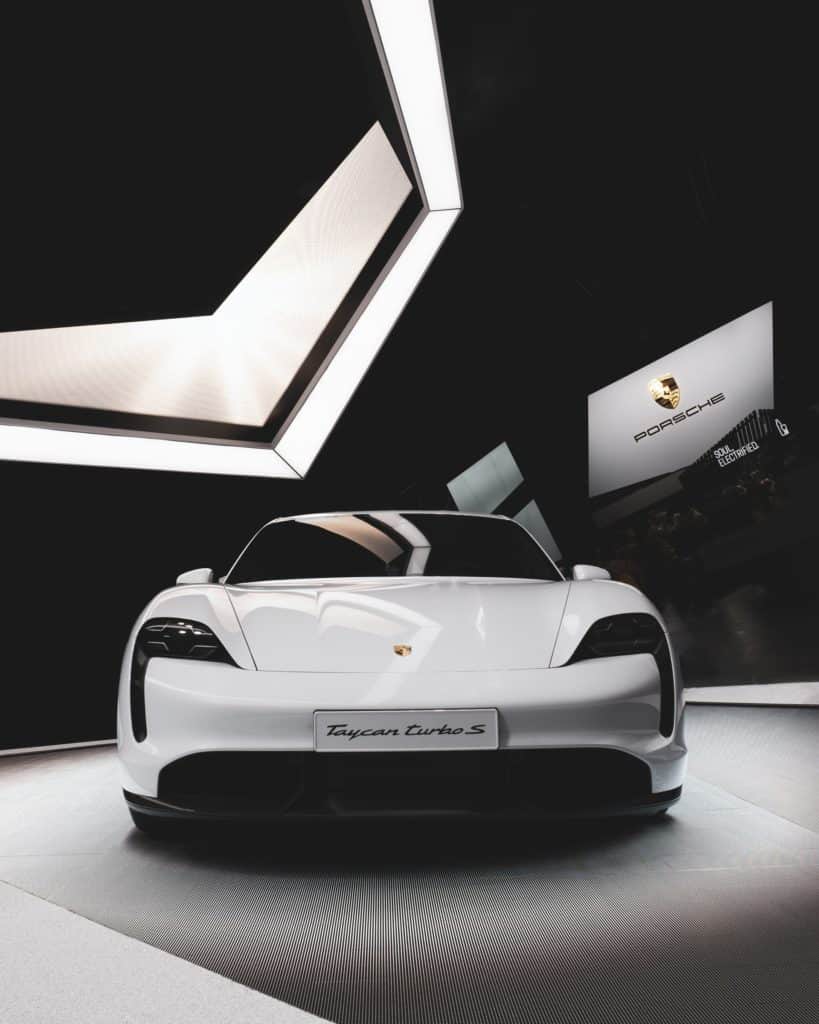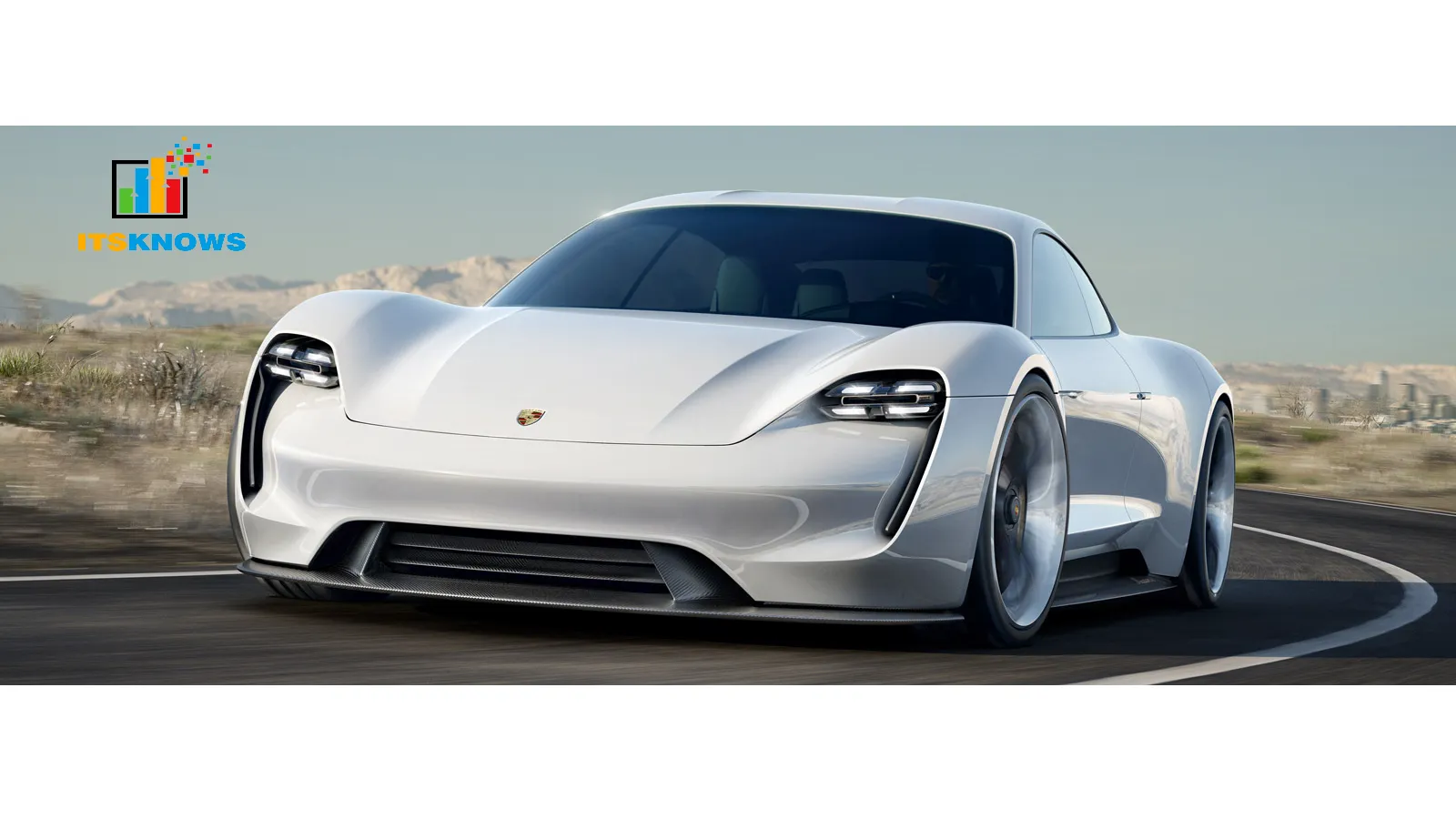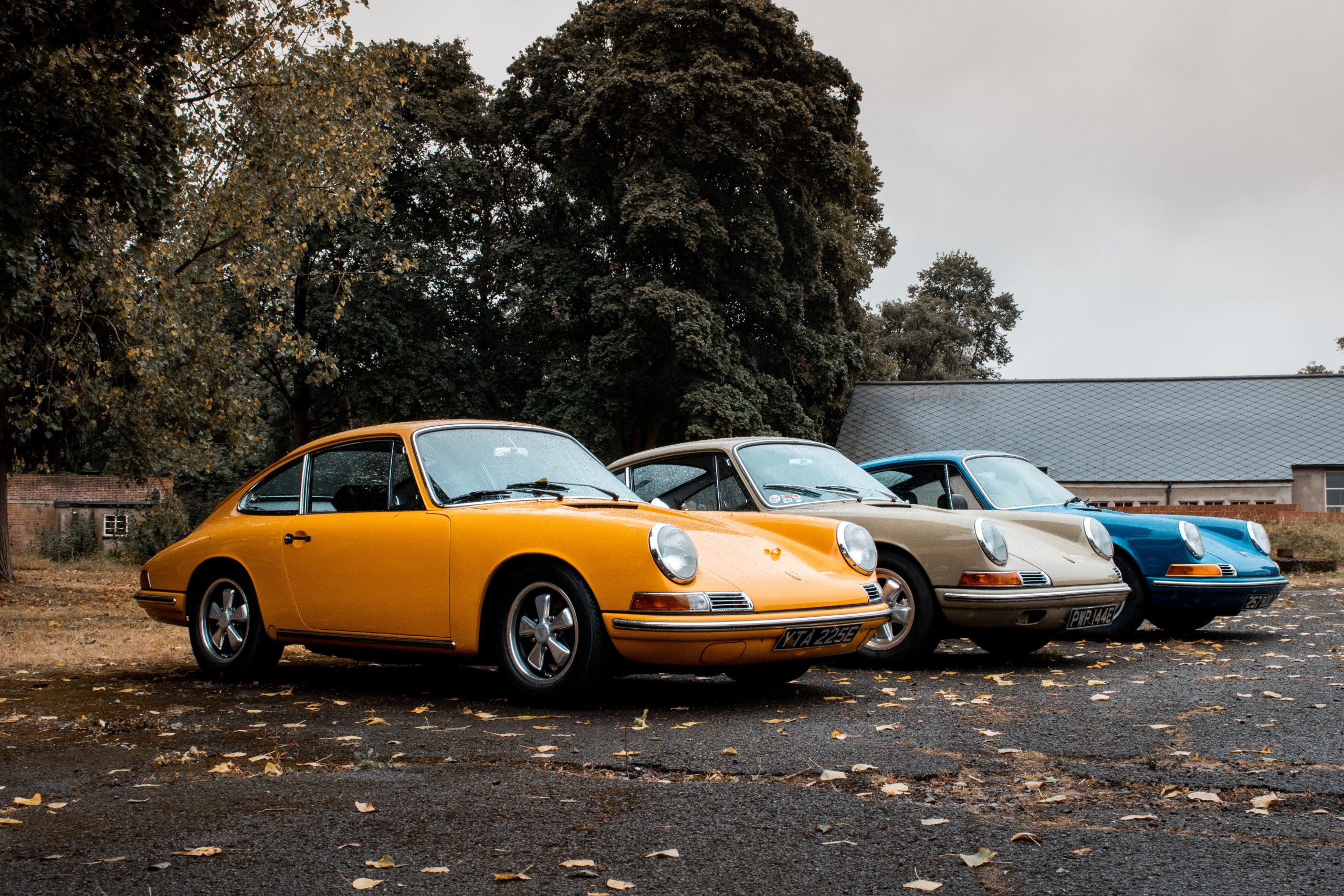Porsche: Who Owns This Iconic Brand?
Share

Porsche is not just a car manufacturer; it is an embodiment of performance, luxury, and the spirit of the open road. Founded in 1931, this legendary brand has captured the hearts of automotive enthusiasts around the world. However, one often-asked question lingers: "Porsche who owns it?" Understanding the ownership of Porsche reveals a fascinating tale of ambition, family legacy, and strategic business maneuvers.
The Birth of a Legend
The story of Porsche began in Stuttgart, Germany, in 1931 when Ferdinand Porsche established his automobile consulting firm. The brand's first vehicle, the Porsche 64, debuted in 1939, paving the way for future models that would revolutionize the automotive industry.

It is essential to understand that Porsche's history is intricately tied to the successful development of its more famous models, particularly the Porsche 911, which was introduced in 1964 and remains a cornerstone of the brand's identity today. As Porsche grew, so did the complexities of its ownership structure.
Porsche and Volkswagen
Today, Porsche is part of the Volkswagen Group, one of the largest automotive conglomerates in the world. The history of this relationship dates back to the late 20th century when Volkswagen sought to acquire a controlling stake in Porsche. In 2005, an initial attempt to merge the two companies took place, leading to various shareholder conflicts and legal battles.
By 2012, Volkswagen officially completed the integration of Porsche, allowing it to enjoy the benefits of being part of a larger organization while retaining its unique identity. Currently, Volkswagen holds a substantial majority stake in Porsche AG, which oversees the production of sports cars, electric vehicles, and luxury SUVs.
The Porsche Family Legacy
Despite being owned by Volkswagen, the Porsche family's involvement remains significant. Ferdinand "Ferry" Porsche, the founder's son, played a pivotal role in building the company's legacy. Ferry Porsche passionately believed in the brand’s potential, and his vision helped shape models like the Porsche 356 and 911.
Today, the Porsche family still holds a considerable share in the company through their holding company, Porsche Automobil Holding SE. This entity controls the majority of Volkswagen’s shares, which means that the family continues to exert influence over the brand.

Market Performance and Brand Affinity
Porsche's popular models like the Cayenne, Macan, and the iconic 911 contribute to the brand's financial success. The Porsche brand boasts a unique combination of performance and luxury, attracting a loyal customer base.
Key Statistics:
- Porsche topped luxury sports car sales in 2022.
- The brand has consistently outperformed competitors in profit margins.
- Porsche's venture into electric vehicles, particularly with the Taycan, has further emphasized its innovative nature.
These strong sales figures place Porsche in a unique position as an influential player in the automotive market, reinforcing the significance of current ownership structures.
The Role of Sustainability
In recent years, the automotive industry has seen a significant shift towards sustainability. Porsche is actively involved in this movement, embracing electric vehicles and sustainable practices in its operations. The partnership with Volkswagen provides Porsche access to cutting-edge electric vehicle technologies and platforms.
The introduction of models like the Porsche Taycan not only illustrates a commitment to reducing CO2 emissions but also challenges the perception that high-performance vehicles cannot be environmentally friendly.
Looking Ahead: What the Future Holds
With the ownership question settled, enthusiasts can focus on what lies ahead for Porsche. As global automotive trends shift towards electrification and sustainability, Porsche is poised to maintain its reputation as a leading luxury sports car manufacturer.

By leveraging its prestige and market influence, Porsche is set to embark on a new chapter that embraces innovation and a new generation of automotive engineering. With upcoming electric models and advanced hybrid technology, Porsche continues to exemplify a brand that balances tradition with modern demands.
Conclusion: The Legacy Lives On
So, "Porsche who owns it?" The answer reveals an intricate web of historical significance and modern financial acumen. Porsche remains under the Volkswagen Group umbrella, but the influence of the Porsche family, together with its commitment to sustainability and innovation, ensures that this iconic brand will thrive for generations to come.
While the ownership of Porsche may have shifted over the years, its legacy as a pioneering sports car manufacturer remains untarnished. The brand’s ability to adapt and grow amidst changing automotive landscapes speaks to its enduring allure and the passion that drives it.

Stay tuned to our blog for more exciting insights into the world of Porsche, uncovering everything from model reviews to deep dives into Porsche’s impressive heritage and future innovations.